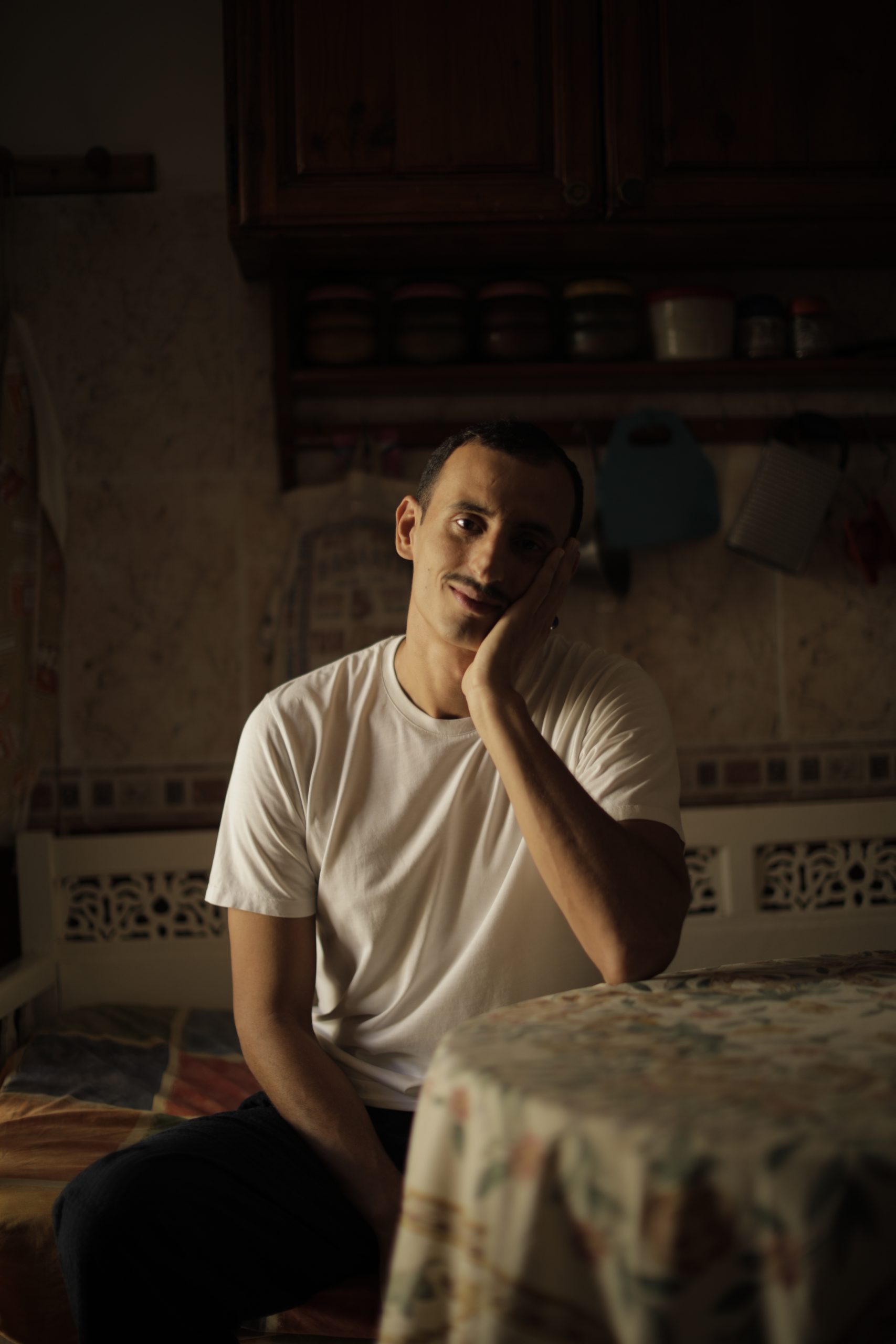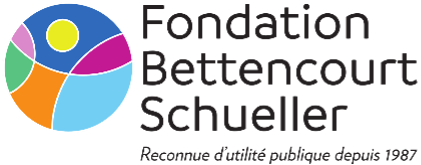Yassine Ben Abdallah
Designer & Artist
April 2026

- Craft & Design
- Los Angeles
- New York
“My intention is to place wandering and design in dialogue, questioning how diasporic objects carry historical heritage while becoming vessels for new narratives.”
From Réunion Island, I have developed an artistic and design practice that interrogates notions of heritage, cultural identity, and belonging from a postcolonial perspective. Growing up on the island with Tunisian parents in exile, the notion of home was as much found in the Arab rug spread across the living room as in the vanne, a Creole woven tray placed in the kitchen, or in the finely carved Indian folding screen, originating from the local Indo-Muslim community. Home was contained within diverse objects that evoked different geographies.
My design practice has been shaped by encounters with these polyphonic objects, which reflect how the movements—some forced, others voluntary—of Réunion’s communities gave rise to a rhizomatic identity. Creole culture unfolds as an impure space where multiple identities coexist, confront one another, and hybridize. My work takes the form of witness objects in which créolité expresses itself through the layering of narratives and the hybridization of forms.
Yassine Ben Abdallah is an artist-designer based between Réunion Island and Brittany. A graduate of Sciences Po Paris and the Design Academy Eindhoven, he develops a research practice that intersects design and social sciences to examine the cultural, political, and ecological heritages embedded in objects.
Through his works and installations, he explores personal and collective narratives that are obscured or marginalized within postcolonial societies. His work reexamines dominant narratives by proposing material counter-narratives that address questions of identity, insularity, and the persistent traces of colonialism. From the Indo‑Oceanic region, he explores design as a tool of memory and resistance.
During this residency, I wish to trace objects that have been altered, reappropriated, and transformed through displacement. Inspired by the poet Édouard Glissant, this project approaches wandering as a fertile force that goes beyond the trope of rooted identity based on origin. My intention is to place wandering and design in dialogue, questioning how diasporic objects carry historical heritage while becoming carriers of new narratives. How do these wandering objects, whose function and meaning shift from one place to another, contribute to redefining diasporic identities?
To explore this question, I wish to meet designers who, through their practice, shape the material culture of their communities and give it voice. While acknowledging that displacement and exile are marked by themes of abandonment and loss, I aim to pay attention to what germinates, reinvents itself, and transforms, forming a matrix for new cultural expressions.
In tracing these narratives, I wish to prioritize encounter and collaboration. I envision my studio as a space itself “in wandering.” Having anchored my previous research in specific territories, I now wish to outline a research in motion that activates itself according to context and materializes through circulations, encounters, and imaginaries.
As a country shaped by successive waves of migration, the United States offers a privileged ground for studying the complexity of diasporic phenomena and the emergence of hybrid identities. My project will unfold between New York and Los Angeles, each serving as a base to explore the dynamics specific to the two coasts.
New York, a historic crossroads of diasporas, will be a first point of entry to question the transformation of identities originating from the Caribbean and Afro-descendant communities. Subsequently, Los Angeles opens onto other horizons, particularly those of Asian diasporas and Latinx communities. Comparing these two contexts will allow for a deeper understanding of the diverse ways in which displaced communities establish roots, tell their stories, creolize, and express themselves materially within a territory.
In partnership with

FRAC Réunion

Fondation Bettencourt Schueller
Both a family foundation and a foundation recognized as being of public interest since its creation in 1987, Fondation Bettencourt Schueller aims to “give wings to talent” in order to contribute to France’s success and influence.
To this end, it identifies, selects, supports, accompanies, and showcases women and men who are imagining the world of tomorrow—across three fields that concretely contribute to the common good: life sciences, the arts, and social solidarity.
With a philanthropic spirit, the foundation operates through prizes, donations, personalized support, uplifting communication, and co-constructed initiatives.
Since its creation, the foundation has honored 676 laureates and supported more than 1,400 projects led by talented individuals, teams, associations, and organizations.
More information at www.fondationbs.org | Instagram @fondationbettencourtschueller | X @Fondation_BS | Facebook @Fondation Bettencourt Schueller| #talentsfondationbettencourt.

